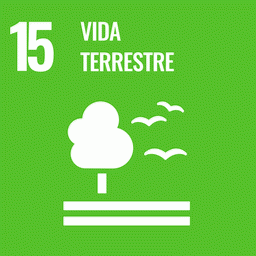The protection and socially and economically just development of the Amazon rainforest highly depends on responsible land governance and land tenure security. Going back in Brazilian history, land regularization has often led to deforestation, putting productive exploitation of land as a condition for obtaining a land title. This paradigm shifted with the creation of the Brazilian program “Terra Legal” in 2009 to regularize 57 million hectares of public federal lands in the Amazon as one of the main strategies to combat deforestation. Despite its progress in land tenure regularization, Terra Legal is challenged to demonstrate its contribution in combating illegal deforestation. This paper discusses the environmental impact of land tenure regularization in the Amazon with the Terra Legal program. The article is based on a data analysis of rural land parcels situated on federal public lands, comparing the extent of deforestation over a period of 5 years (between 2009 and 2014) along two data sets: one before and another after having initiated a land regularization process. Preliminary results indicate that deforestation rates on lands that have not been addressed by Terra Legal are higher than of those benefitted by the program.
Boletim Amazônia em Pauta 8 – 10 razões para o desmatamento zero ilegal e legal na Amazônia
No que se refere à redução do desmatamento amazônico e de suas emissões associadas, a meta estabelecida precisa urgentemente ser cumprida muito antes de 2030, e mais: deve-se buscar o fim da supressão legal da vegetação nativa da região. Neste boletim são citadas as dez principais razões para colocar fim à destruição da maior floresta tropical do planeta.
